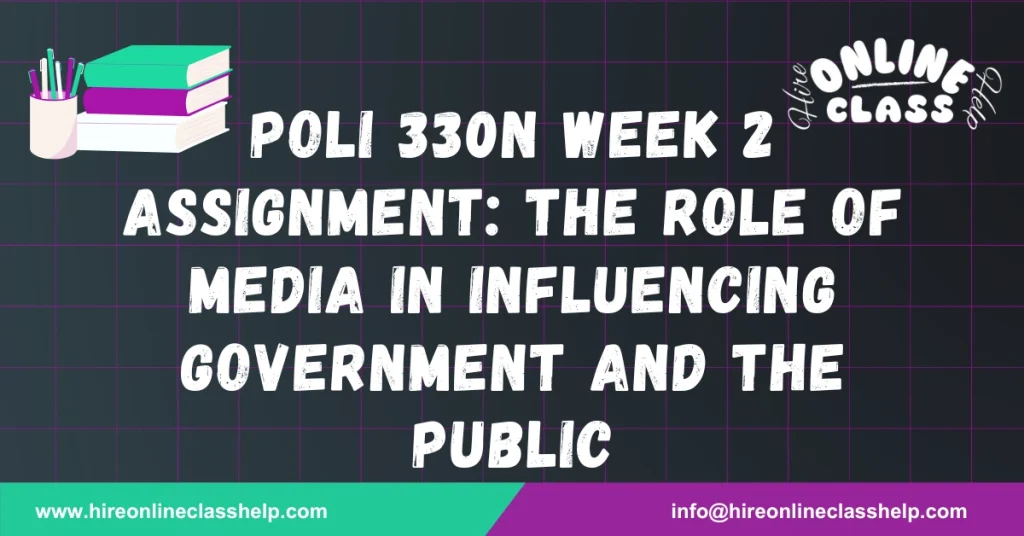






Name
Chamberlain University
POLI-330: Political Science
Prof. Name
Date
Curran, J. (2014). Reinterpreting the democratic roles of the media. Brazilian Journalism Research, 10(2), 28-53.
Husin, M. M., Ismail, N., & Ab Rahman, A. (2016). The roles of mass media, word of mouth and subjective norm in family takaful purchase intention. Journal of Islamic Marketing.
Song, C., & Lee, J. (2016). Citizens’ use of social media in government, perceived transparency, and trust in government. Public Performance & Management Review, 39(2), 430-453.
Whitman Cobb, W. N. (2020). Political science today (1st ed.). Washington, DC: Sage, CQ Press.